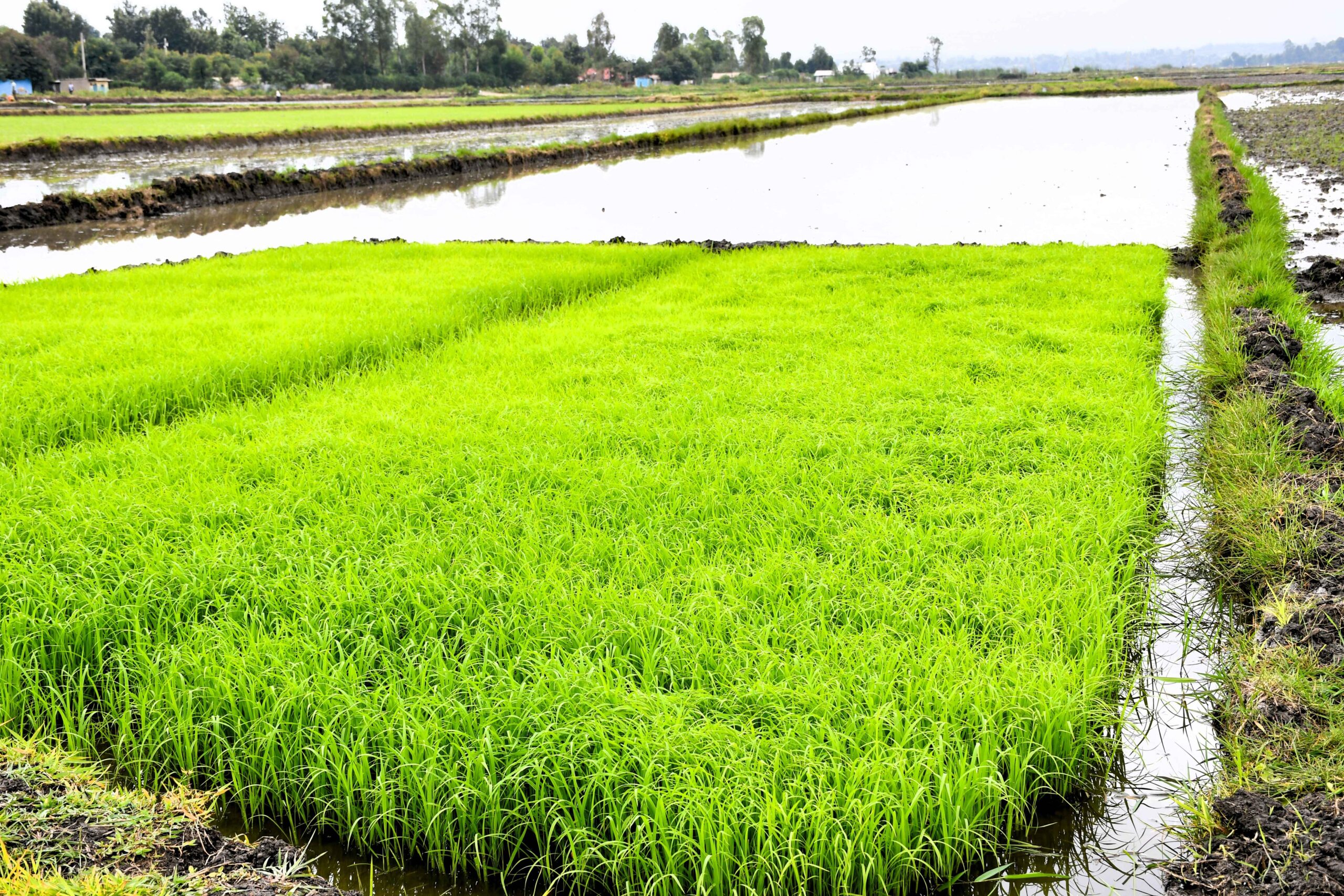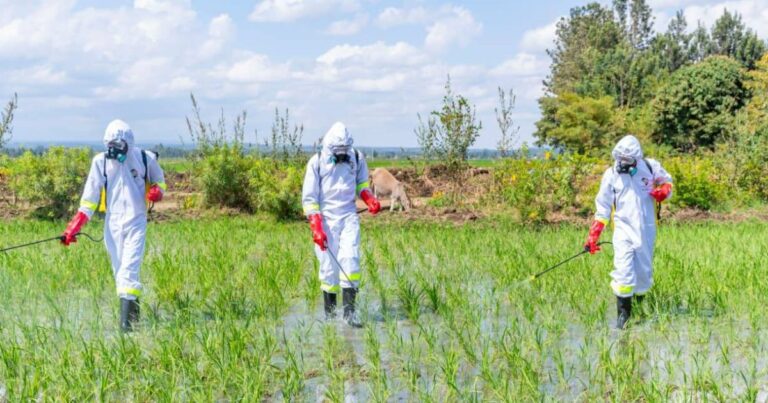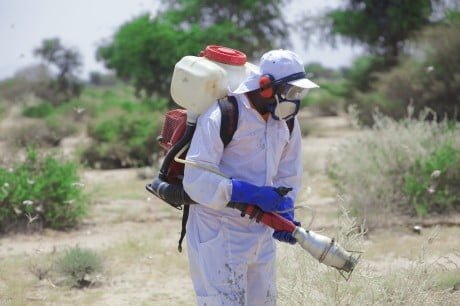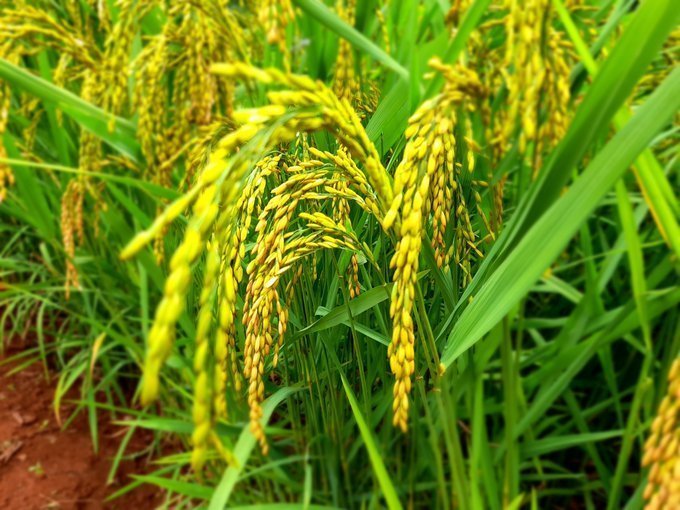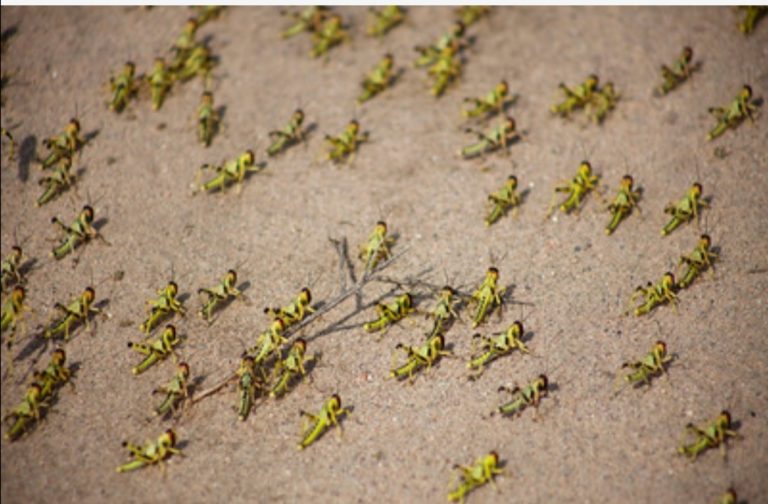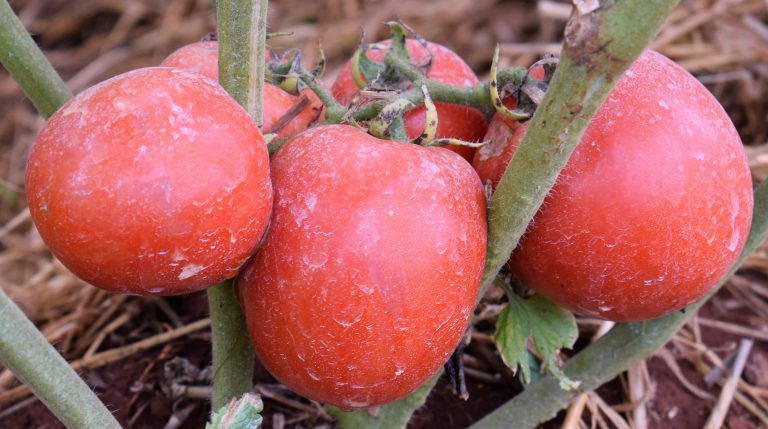Farmers in the Mwea Irrigation Scheme, Kirinyaga County, are facing renewed pressure to avoid using unapproved chemicals in their efforts to combat the golden apple snail. This pest continues to ravage rice fields in the region.
Despite ongoing government efforts, the invasive snail remains one of the most destructive threats to rice production in the area. First spotted in the Tebere section in 2018, the pest has since spread to Wamumu, Karaba, Thiba, Nguka, and Ndekia.
Kirinyaga County Assembly Deputy Speaker and Mutithi Ward MCA Jinaro Njamumo cautioned farmers against resorting to illegal and potentially dangerous pesticides. He raised alarm over harmful substances being smuggled into the country by unscrupulous brokers.
“While the threat posed by the snails is real and urgent, we must not endanger our lives and environment with toxic substances. The government should fast-track research to find a sustainable and effective method of eradicating these pests,” Njamumo said.
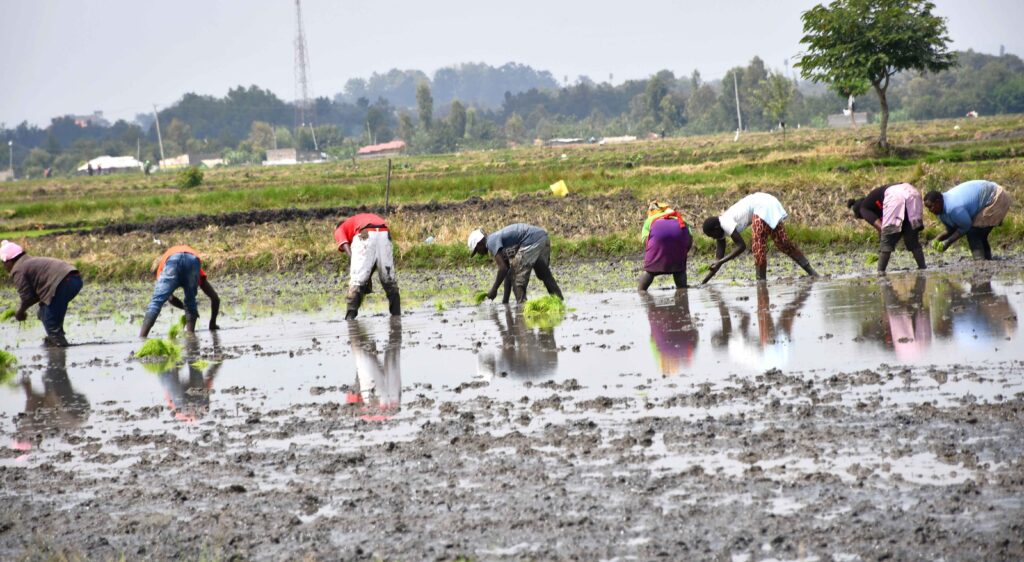
His concerns echo the frustrations on the ground, as farmers say current methods have yielded little success.
“We’ve tried everything, from using chemicals to hand-picking the snails, but nothing seems to work. It’s been an uphill battle since 2018,” said Joseph Kamau, a rice farmer in the scheme.
With no effective solution in sight, farmers are appealing to the government and agricultural researchers to step in and provide a scientifically tested, environmentally safe, and sustainable method to control the pest.
In addition to the apple snail menace, rice growers in the region continue to grapple with other common pests, including rats and Quelea birds, further compounding the challenges facing rice production in Mwea.


